USA NEWS TODAY: Columbia University, located in New York, has swiftly responded to plans by students to re-establish a pro-Palestinian encampment on campus, issuing strong warnings and taking immediate steps to prevent the protest. On April 23, the university’s public safety officials sent out a campus-wide email notifying students that tents and other structures set up for the protest would be removed immediately.
The administration’s message made it clear that any students refusing to disperse would face consequences, including the possibility of being removed from campus or even arrested. This marks the latest in a series of actions that have led to rising tensions between student protest groups and university authorities.
A year ago, protests at Columbia over the escalating civilian casualties in Gaza led to the occupation of campus spaces. These protests were part of a larger movement across U.S. college campuses, with demonstrators calling on universities to divest from Israel’s war efforts.
While the protests gained momentum, they also sparked significant backlash. Critics, particularly within the Jewish community, argued that the protests contributed to a hostile environment on campus, particularly after the deadly Hamas-led attacks on southern Israel in October 2023.
NBC News reported that a new wave of encampments was planned to begin on April 24, despite the university’s clear stance on such protests. USA TREND 24 confirmed these plans, though no immediate comment was provided by the student protest groups.
Also Read:- Women’s March Madness 2025: Schedule, Predictions, and Key Matchups
The university, which has already heavily restricted campus access in the wake of last year’s protests, said that further measures would be taken to secure the campus. As a result, the university has prohibited encampments under its policies, and participation could trigger severe sanctions under university rules.
In the aftermath of the protests from last year, tensions reached a boiling point when protesters occupied university buildings. This escalated into violent confrontations that resulted in the NYPD being called to the campus, where riot police arrested over 100 students. Although many charges were later dropped, some of the students who participated in the protests faced severe repercussions, including suspension, expulsion, and, for international students, deportation.
Also Read:- How to Make an Egg Hair Mask: Natural Moisture Boost for Your Hair
The Trump administration had vowed to take strong action against those involved in the protests, labeling them as “antisemitic” and alleging ties to terrorism—accusations that lacked substantial evidence. Among those affected by the administration’s crackdown was Mahmoud Khalil, a Palestinian graduate student. Khalil, who had been detained in March, was denied release to be present for the birth of his child in April.
The ongoing saga of protests and administrative crackdowns continues to draw national attention, with similar, smaller encampments emerging at other universities like Yale and Howard.
Columbia’s recent stance signals its continued commitment to maintaining order on campus, despite the growing debate over the right to protest and the freedom of expression.
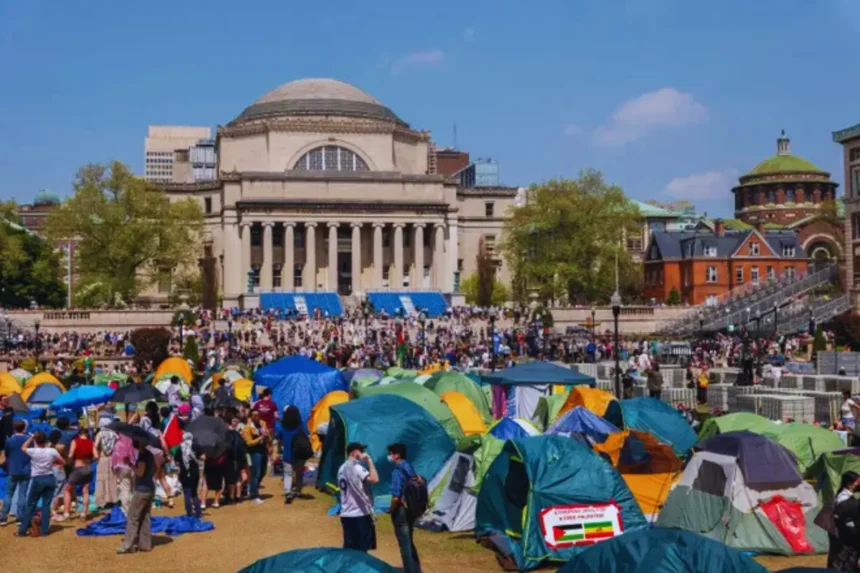
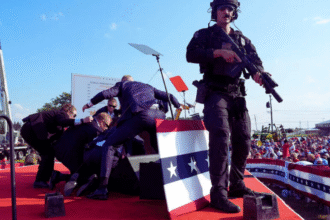
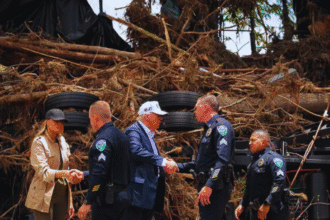
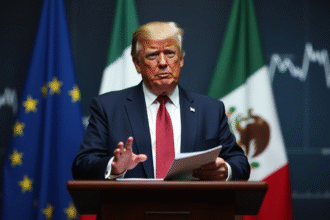
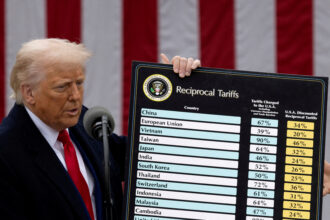



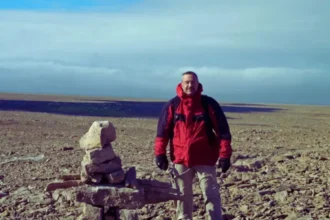
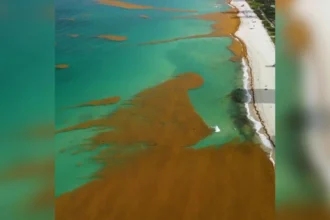
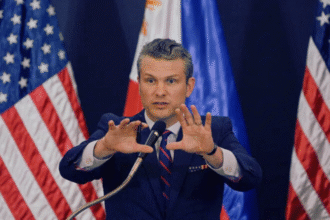
I was drawn into your words immediately, not just by the ideas, but by the warmth they radiate.